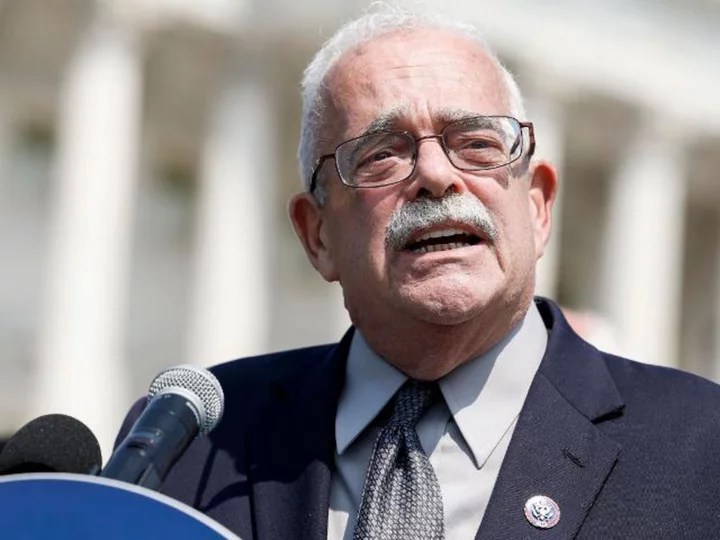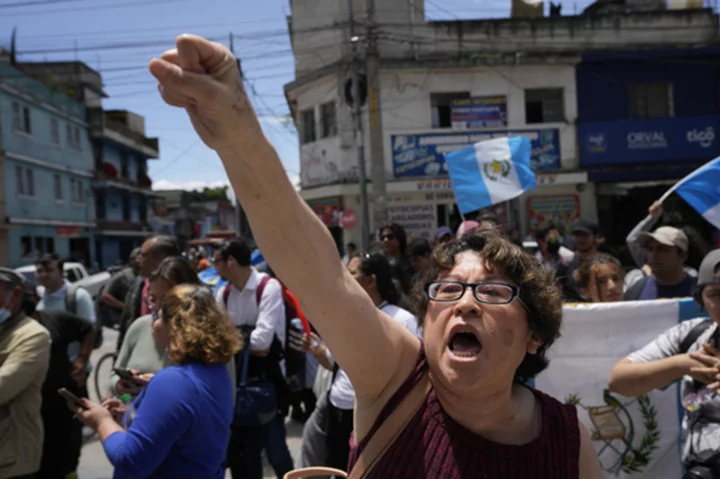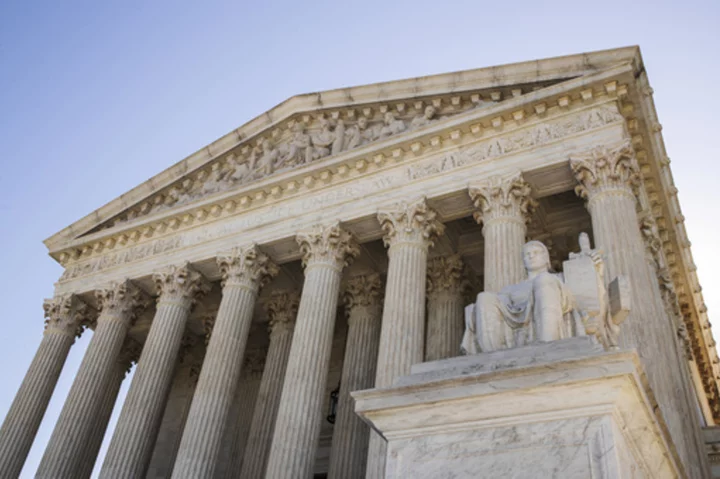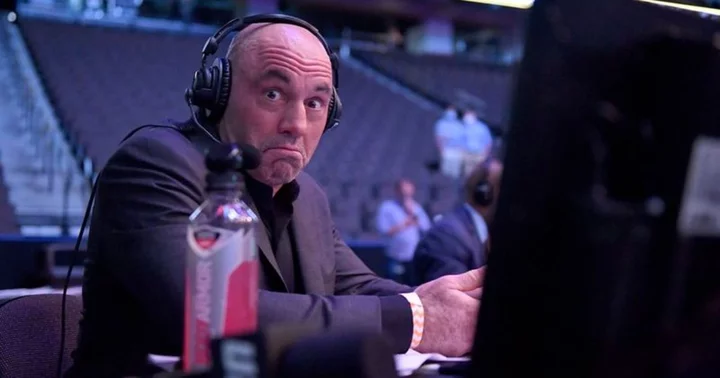A number of lawmakers are now reassessing their district security protocols and brainstorming ways to keep their staff -- especially in district offices -- safer after the events that unfolded Monday in Rep. Gerry Connolly's office.
Connolly, a Virginia Democrat, said on Monday that two staffers were injured by a man wielding a bat who came into his district office in Fairfax. US Capitol Police said it was not clear Monday what the attacker's motives were.
"I talked to my district staff today and we just have to be extra cautious. I've had to take additional measures at my now two district offices. We have to also acknowledge there is a culture out there that is being fueled by some venomous language," Democratic Rep. Dan Kildee of Michigan told CNN. "It really gives a permission structure for this kind of behavior so while we do need to take steps to be secure, we also need to call upon one another to calm down some of the demonization of people with different views because that does contribute."
Asked if they need more funding for the effort, he said "I do think we need more security. The question is what is reasonable. There is some money in the budget now in the MRA for some security measures, but it is like a lot of things, you can never have too much, but the question is what can we reasonably afford given the risk."
Rep. Jamie Raskin, a Maryland Democrat, told CNN he was on his way to have a meeting with his staff about this issue.
"We do have the Capitol Police force here at the Capitol. They don't have guards (in the district), but we have taken security measures in the past on weird communications we've gotten, and we are going to make sure we are fortifying things as much as possible," Raskin said.
Raskin added he hoped the committee on administration will look at whether more funding is necessary to bolster security in district offices "specifically with regard to this question of district offices. I think the district office question deserves more scrutiny."
Democratic Rep. Pramila Jayapal of Washington said she has talked to her district director and chief of staff in the wake of the attack on Connolly's staff. She said that she plans to have a broader discussion as well with her team, but said she began to take extra precautions after a man threatened her at her home last summer.
"We already have in place things that a lot of other district offices, I think, don't have. But we need to be proactive about these things, not reactive. We finally got the $10,000 per member and that was a good thing after what happened to me at my house, I was pushing for that. I think that needs to be more. The district offices have always been sort of out of the spotlight. They just don't get the same attention and care that our offices here in DC get."
"We have a lot of young people who are working in our district offices, and it's been really tough on them," she added.
Jayapal acknowledged that for most members, there is a recognition that, "I am never going to be completely safe in this job."
"That is just because I am not willing to do it in a way that cuts me off from the American people, from the constituents I need to serve so I am still going to do town halls. I am still going to go out there," Jayapal said. "I am going to try to put in place as many security measures as I can, and I think I am encouraging our staff to also think about this as our values and not being pushed into fears so much that they end up winning and that we end up cutting off the very people that we are supposed to serve."
Connolly, who spoke with House Speaker Kevin McCarthy Tuesday, said the issue of what Congress can do to fortify security in their districts did not come up in his conversation. Instead, he said it was "just personal."
"He was personally calling a colleague to express his concern and sympathy. He made an effort to do that. He called me two times. I was finally able to connect with him on the third call," he said.
"Most of it was just him expressing his concern and my staff and commiserating about how this is a random kind of thing that obviously could have happened to anybody," Connolly said.
"The problem is that there are hundreds of district offices. Here there is a standard operating procedure, our offices are roughly the same and we can manage that when we are all here. We are talking about hundreds of district offices. They come in all shapes and sizes. Some are already secure in federal government buildings but probably most are not. Most are in office building, like mine, or strip malls and designed for foot traffic, not designed for maximum security so how we manage that challenge is going to require resources."
Connolly said he has heard from "scores" of colleagues since the attack.
Asked if more funding is the answer, he said "money is going to be part of the answer. As I said, developing more robust standards of operating procedure may ultimately be part of it. It is a complex challenge that that involves lots of things. There is not going to be one answer or one size fits all."
Asked about staff, he said "I think everyone is absorbing what happened."
"Now the hard part begins, which is trauma recovery and that is going to take some time."









